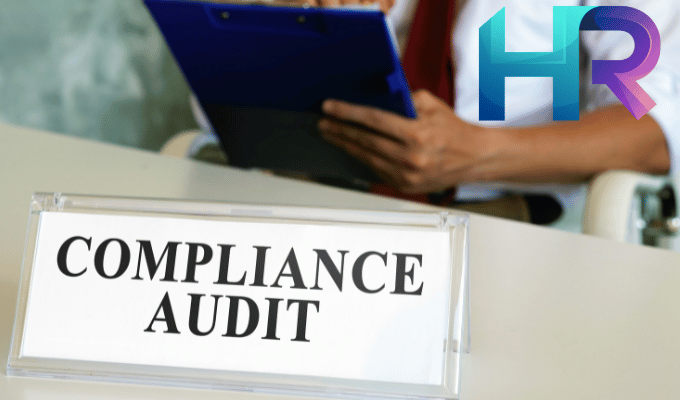In today’s complex and ever-changing regulatory landscape, ensuring HR compliance is a non-negotiable aspect of running a business. However, compliance isn’t just about meeting the minimum requirements; it’s about proactively taking steps to safeguard your organization and maintain legal peace of mind. HR compliance audits are a crucial tool in this endeavor. In this blog post for Dutybell, we’ll delve into the importance of HR compliance audits, why they are essential, and how they can provide the legal peace of mind every organization needs.
Assessing Regulatory Compliance:
HR compliance audits are a systematic review of an organization’s HR policies, procedures, and practices to ensure they align with local, state, and federal regulations. These audits cover areas such as anti-discrimination laws, wage and hour laws, health and safety regulations, and more. By conducting regular audits, organizations can identify areas of non-compliance and take corrective action before legal issues arise.
Proactive Risk Mitigation:
Conducting HR compliance audits is a proactive approach to risk mitigation. By identifying and addressing compliance gaps early, organizations can reduce the risk of potential lawsuits, financial penalties, and reputational damage. It’s an essential step in preventing legal disputes and protecting the organization’s assets and reputation.
Legal Peace of Mind:
Legal disputes and regulatory investigations can be time-consuming, costly, and disruptive to business operations. HR compliance audits offer legal peace of mind by helping organizations detect and rectify compliance issues before they escalate. Knowing that HR processes and policies align with the law provides a sense of security and minimizes the fear of unexpected legal complications.
Enhanced Employee Relations:
Compliance audits not only help organizations adhere to the law but also foster positive employee relations. Employees are more likely to trust and respect an organization that demonstrates a commitment to fairness and legal compliance. This, in turn, contributes to a harmonious workplace and helps prevent workplace disputes.
Maintaining Ethical Standards:
Ethical conduct is a cornerstone of compliance. Organizations that prioritize HR compliance audits demonstrate their commitment to ethical behavior, reinforcing their reputation as responsible and accountable entities in the eyes of employees, customers, and stakeholders.
Identifying Training Needs:
HR compliance audits can uncover areas where additional employee training and education are necessary. These audits offer insights into the skills and knowledge employees need to maintain compliance. By addressing training needs, organizations can improve their overall HR practices.
Continuous Improvement:
HR compliance audits are not a one-time effort; they are an ongoing process of improvement. Regular audits can lead to a culture of continuous improvement, where HR policies and practices are refined to meet evolving regulatory requirements and changing business needs.
HR compliance audits are a powerful tool for organizations seeking legal peace of mind and ethical standing. By proactively assessing regulatory compliance, mitigating risks, enhancing employee relations, and identifying areas for improvement, organizations can navigate the complex regulatory landscape with confidence. Legal peace of mind isn’t just about avoiding legal trouble; it’s about creating a workplace where fairness, ethics, and compliance are ingrained in the organization’s culture.
Dutybell is committed to providing organizations with the guidance and resources needed to conduct effective HR compliance audits, ultimately contributing to legal peace of mind. Compliance is more than a checklist; it’s a journey toward creating a workplace where legal peace of mind is a natural outcome of ethical, fair, and responsible HR practices. Stay tuned for more valuable insights and resources to help you stay informed and compliant in the ever-evolving world of HR regulations.





